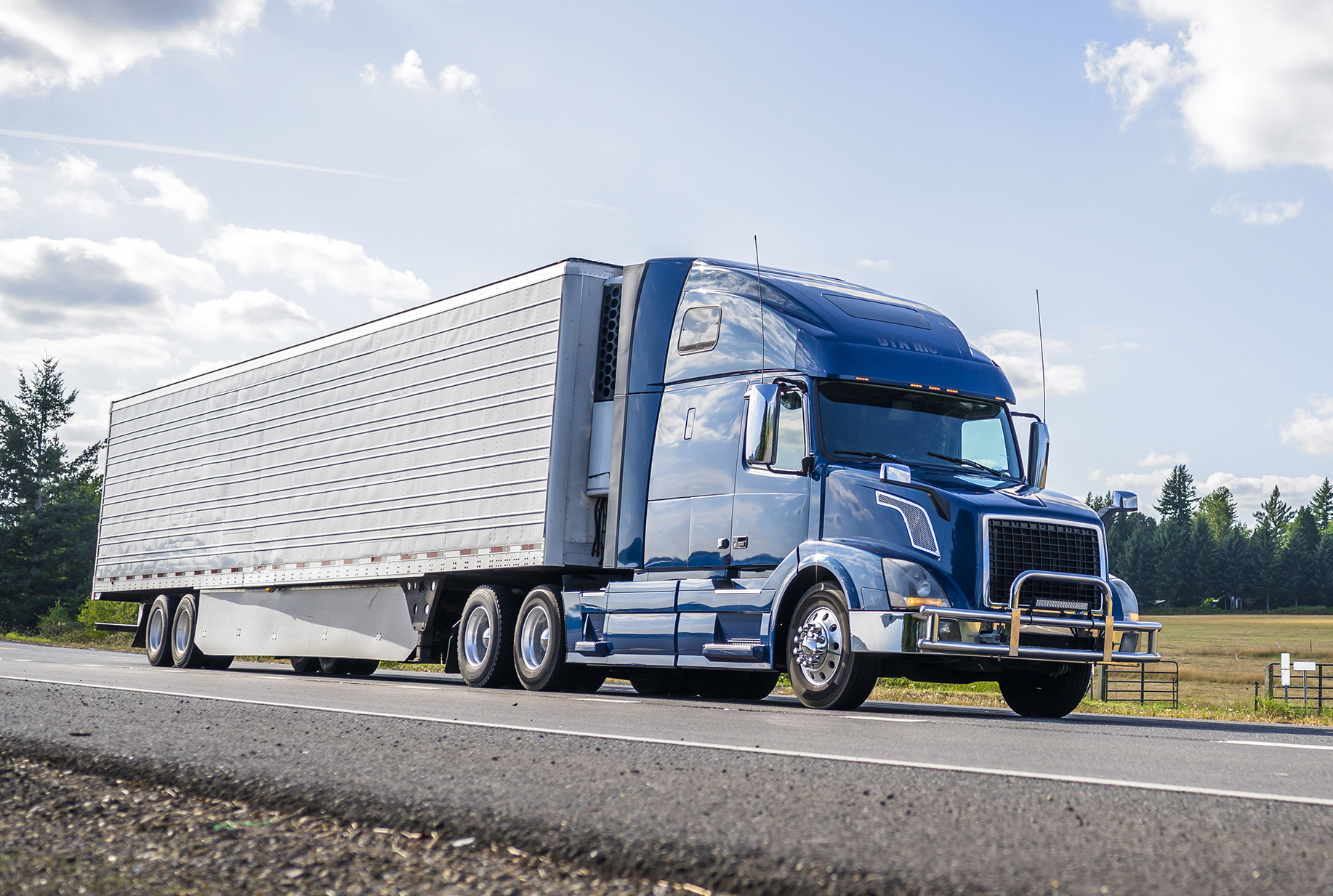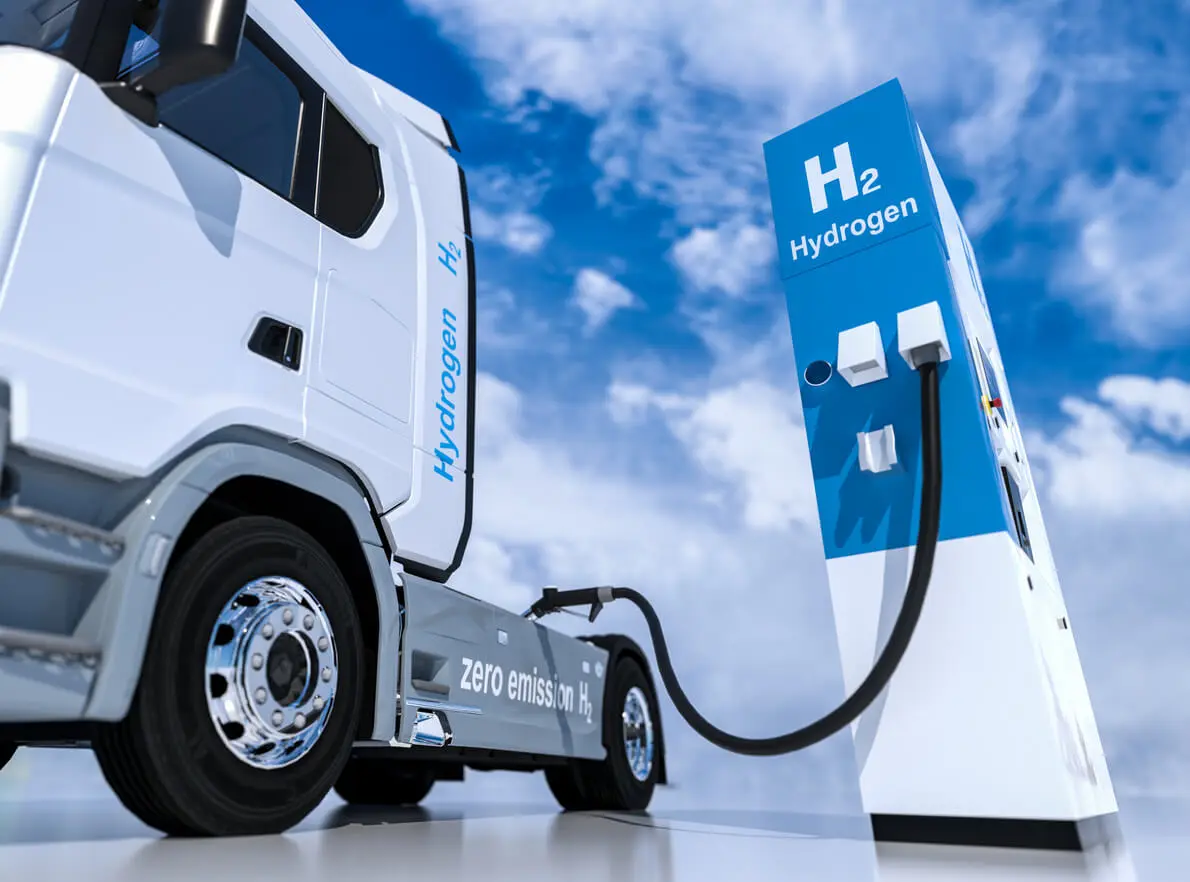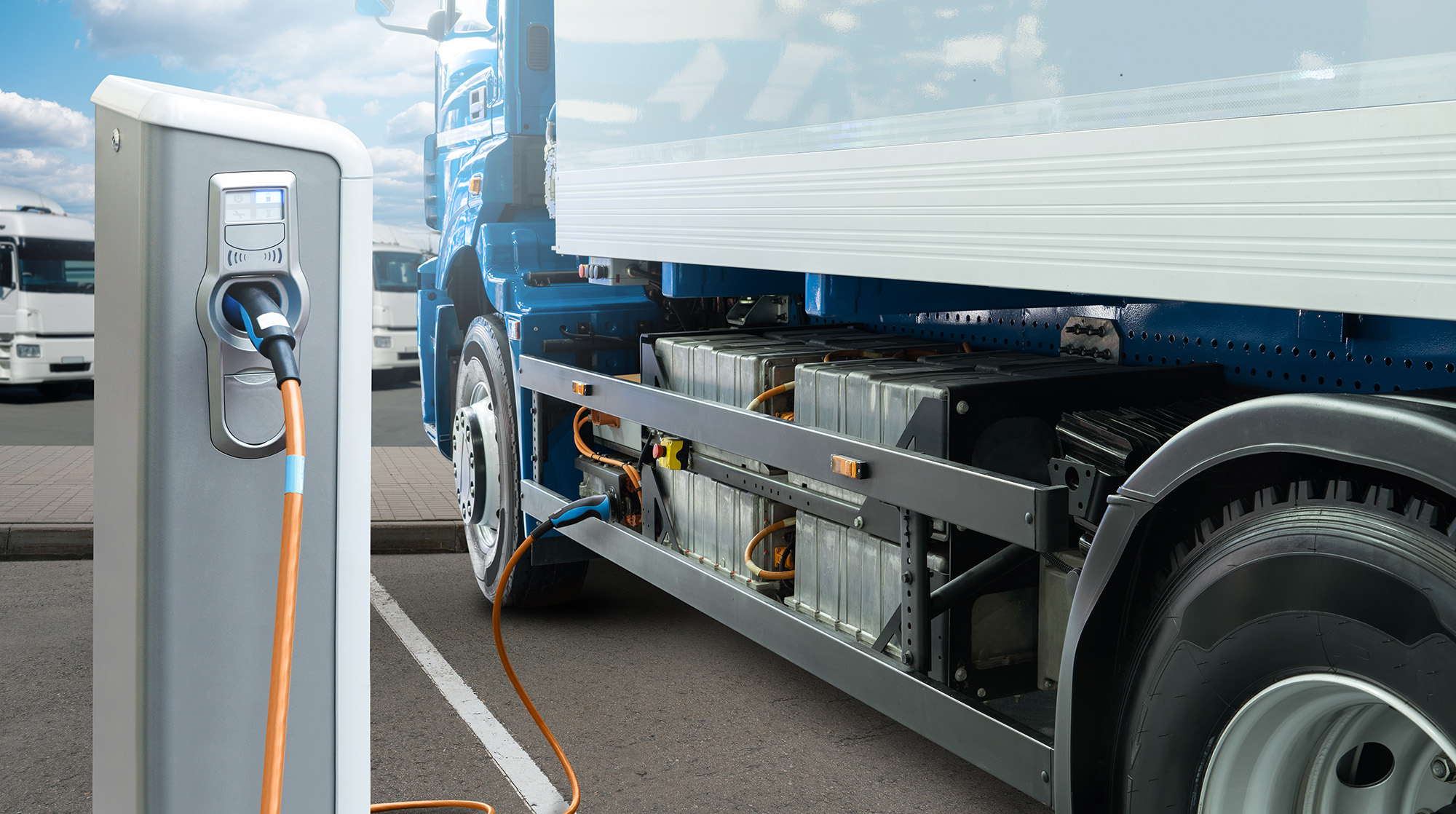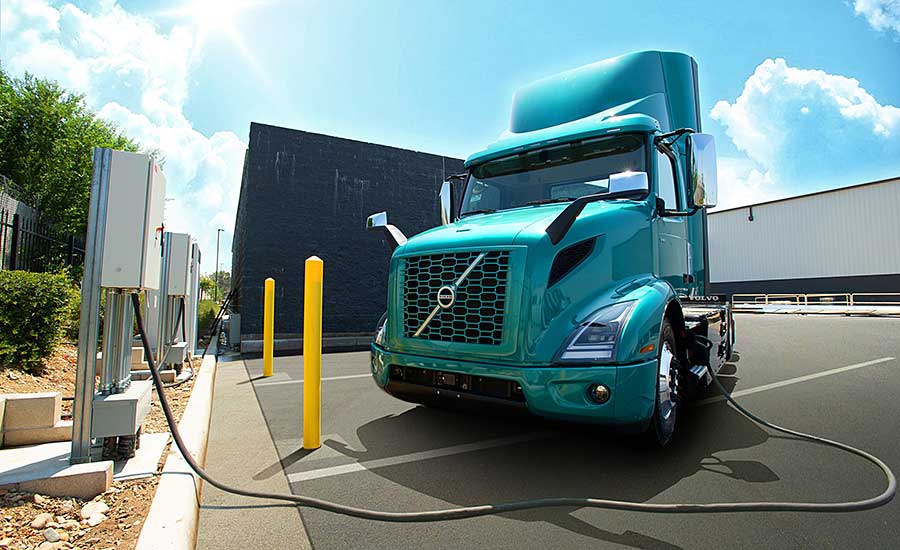The landscape of commercial trucking is evolving rapidly, driven by advancements in technology and a growing emphasis on sustainability. As the industry looks towards the future, three main types of trucks are vying for dominance: diesel, hydrogen, and electric. Each has its own set of advantages and challenges. Let’s explore what the future might hold for each of these powertrains.
Diesel Trucks
1. Established Infrastructure: Diesel fuel stations are widespread, providing convenience for long-haul trucking.
2. High Energy Density: Diesel has a high energy density, offering longer range capabilities compared to many alternatives.
3. Durability and Power: Diesel engines are known for their robustness and ability to generate high torque, essential for heavy-duty applications.
Cons:
1. Environmental Impact: Diesel engines emit significant amounts of CO2 and other pollutants, contributing to air pollution and climate change.
2. Regulations and Costs: Increasingly stringent emission regulations are driving up costs for diesel engines and exhaust treatment systems.
3. Fuel Costs: Diesel prices can be volatile and are subject to geopolitical influences.
____________________________________________________________________________________________________
Hydrogen Trucks
1. Zero Emissions: Hydrogen fuel cells produce only water vapor as a byproduct, making them an environmentally friendly option.
2. Quick Refueling: Hydrogen trucks can be refueled almost as quickly as diesel trucks, minimizing downtime.
3. Energy Efficiency: Hydrogen fuel cells can be more efficient than internal combustion engines in converting fuel to energy.
Cons:
1. Infrastructure Development: The hydrogen refueling infrastructure is still in its infancy, with limited availability.
2. Production and Storage: Producing and storing hydrogen is challenging and energy-intensive, often requiring renewable energy to be truly green.
3. Costs: Hydrogen fuel cell technology and infrastructure are currently expensive, though costs are expected to decrease with advancements and scale.
____________________________________________________________________________________________________
Electric Trucks
1. Zero Emissions: Electric trucks produce no tailpipe emissions, contributing to cleaner air and reduced greenhouse gas emissions.
2. Lower Operating Costs: Electricity is generally cheaper than diesel, and electric trucks have fewer moving parts, resulting in lower maintenance costs.
3. Quiet Operation: Electric motors are much quieter than diesel engines, reducing noise pollution.
Cons:
1. Range and Battery Life: Current battery technology limits the range of electric trucks, which can be a significant drawback for long-haul routes. This is also true for heavy loads, significantly impacting the advertised mileage on electric trucks.
2. Charging Infrastructure: While growing, the charging infrastructure is not yet as widespread as diesel refueling stations and the speeds at which it takes to charge largely impact downtime.
3. Initial Costs: Electric trucks tend to have higher upfront costs due to expensive battery technology, though these costs are expected to decrease over time.
____________________________________________________________________________________________________
The Future Outlook
The future of commercial trucking will likely see a mix of these technologies, with each playing a role based on specific use cases:
- Short-Haul and Urban Deliveries: Electric trucks are expected to dominate short-haul and urban deliveries due to their zero emissions and lower operating costs. Advancements in battery technology and charging infrastructure will further enhance their viability.
- Long-Haul and Heavy-Duty Applications: Hydrogen trucks might become more prevalent in long-haul and heavy-duty applications where quick refueling and longer ranges are critical. Investment in hydrogen infrastructure and production methods will be key to their success.
- Legacy and Transitional Use: Diesel trucks will continue to be a significant part of the fleet, especially in regions where infrastructure for alternatives is lacking. However, ongoing improvements in emission control technologies will be essential to reduce their environmental impact.
In conclusion, the commercial trucking industry is on the brink of a significant transformation. The interplay between diesel, hydrogen, and electric trucks will shape the future, driven by technological advancements, regulatory pressures, and market demands. Each technology has its strengths and weaknesses, and their coexistence will define a more sustainable and efficient transportation ecosystem.






